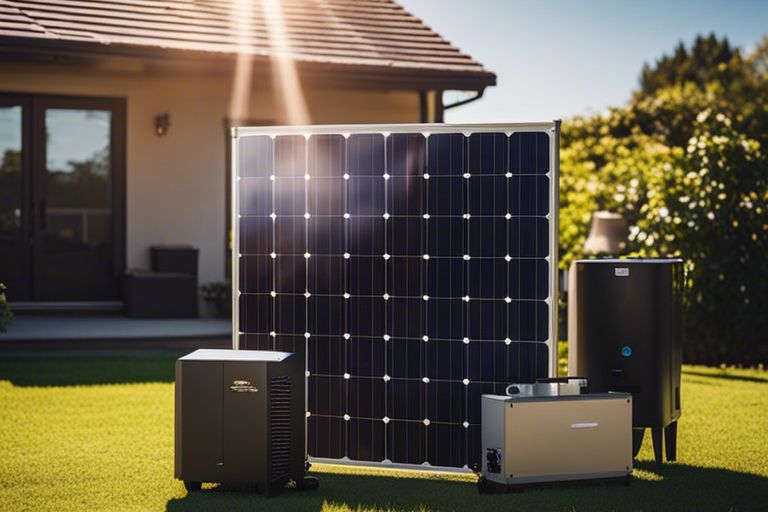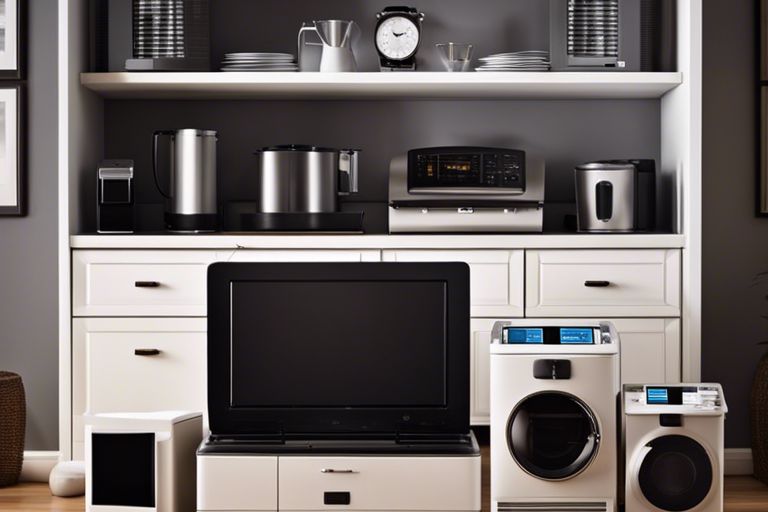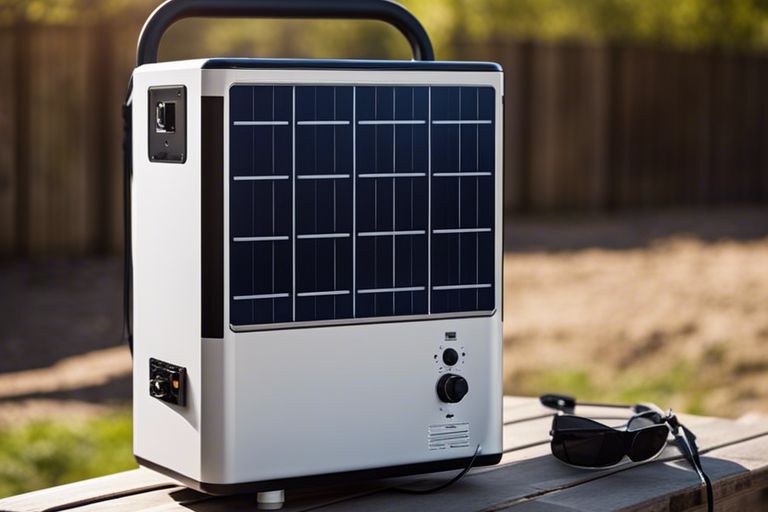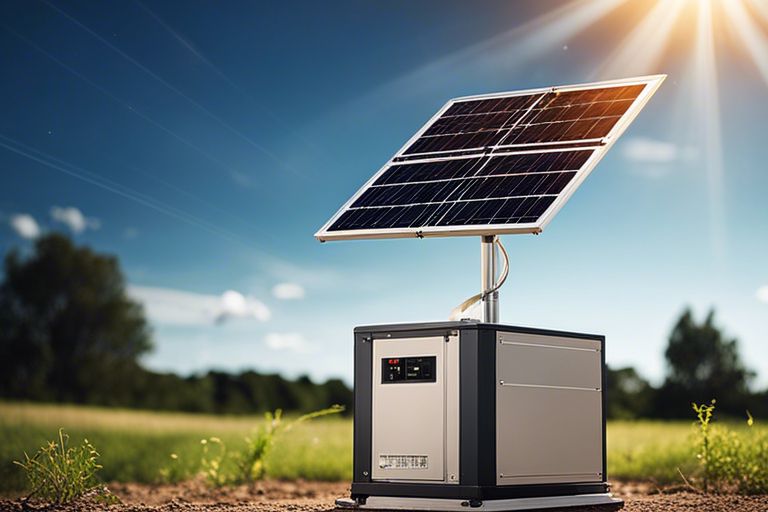What is the life of a solar generator
With the increasing popularity of solar generators for their eco-friendly and portable power solutions, you may wonder about the lifespan and reliability of these devices. Understanding how long a solar
Energy for A Greener Future
Solar generator

With the increasing popularity of solar generators for their eco-friendly and portable power solutions, you may wonder about the lifespan and reliability of these devices. Understanding how long a solar

Solar power seems like a limitless source of energy, but can you truly rely on a solar generator all the time? In this informative read, you’ll probe into the practicality

There’s a powerful solution at your fingertips – a 3000 watt solar generator. Wondering what all you can power with this robust system? From necessary home appliances like refrigerators, freezers,

When considering harnessing the power of the sun, a 200W solar generator can provide you with a sustainable source of energy for various devices. #Power up your knowledge as we

There’s a growing interest in utilizing solar generators for continuous power supply, but the question remains – can you run a solar generator 24/7? Let’s research into the factors that